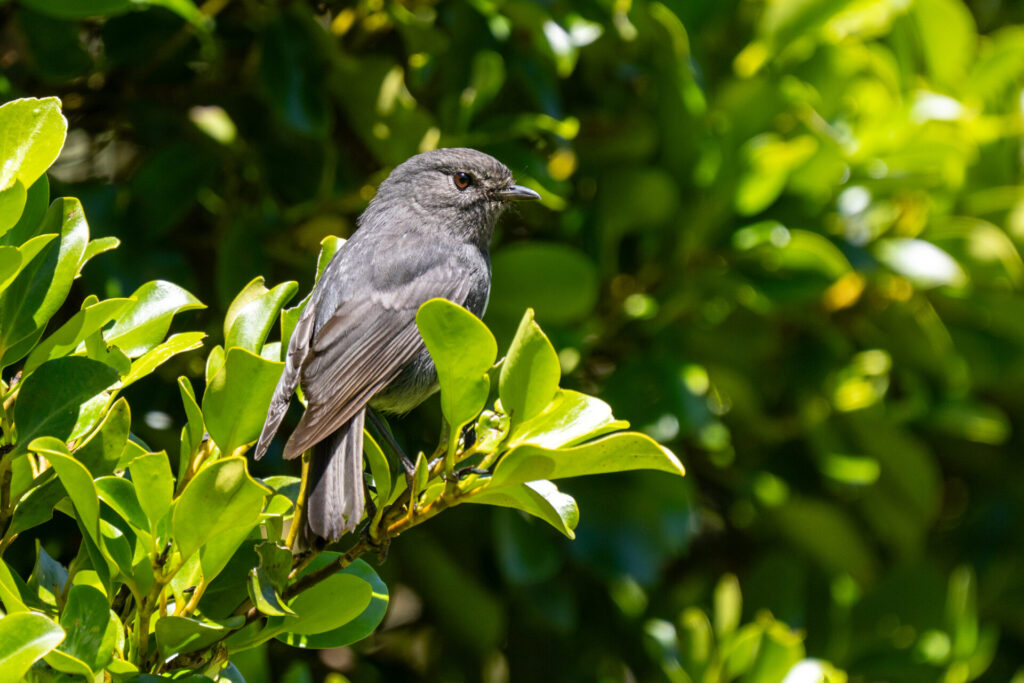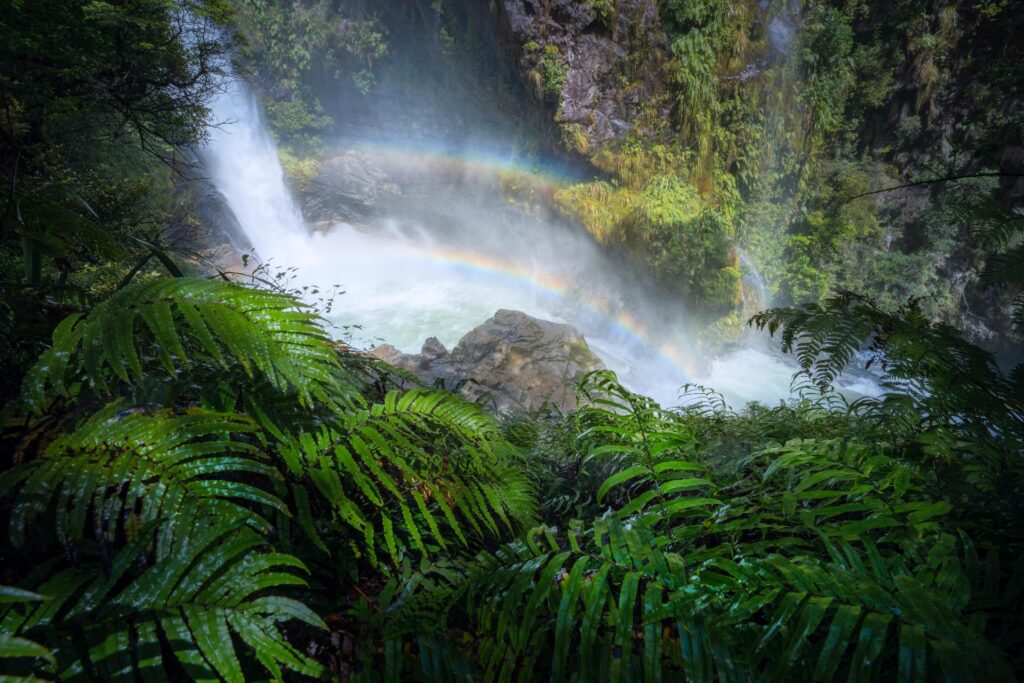Sustainability
Fiordland National Park and Piopiotahi Milford Sound are renowned for their stunning natural beauty and biodiversity. Together, we’re committed to preserving Milford Sound’s World Heritage status, cultural and conservation values, and improving the overall visitor experience.
We’re making great strides in sustainability, but your help is vital! By being mindful of your waste and participating in eco-friendly practices, you can play your part in protecting this incredible destination for generations to come.
Play Your Part: Here are some simple guidelines
Consider taking a tour rather than self-driving. Travelling by coach is one less vehicle on the road and many tour operators use eco-friendly transport and practices to reduce their environmental footprint. Check their websites for more details.
Capture the beauty of nature through your lens but leave everything else untouched. Avoid picking plants, disturbing wildlife, or collecting souvenirs.
Stay on designated trails to minimise your impact on the landscape. This helps protect delicate ecosystems and prevents soil erosion.
We encourage you to reduce, reuse, and recycle during your visit. Bring reusable water bottles and containers to help cut down on waste.
Take all your rubbish out with you and leave the National Park as you found it.
Observe animals from a distance and never feed them. This helps maintain their natural behaviours and keeps both you and the wildlife safe. Read more.
Adhere to all guidelines and regulations to protect the park’s natural and cultural resources.
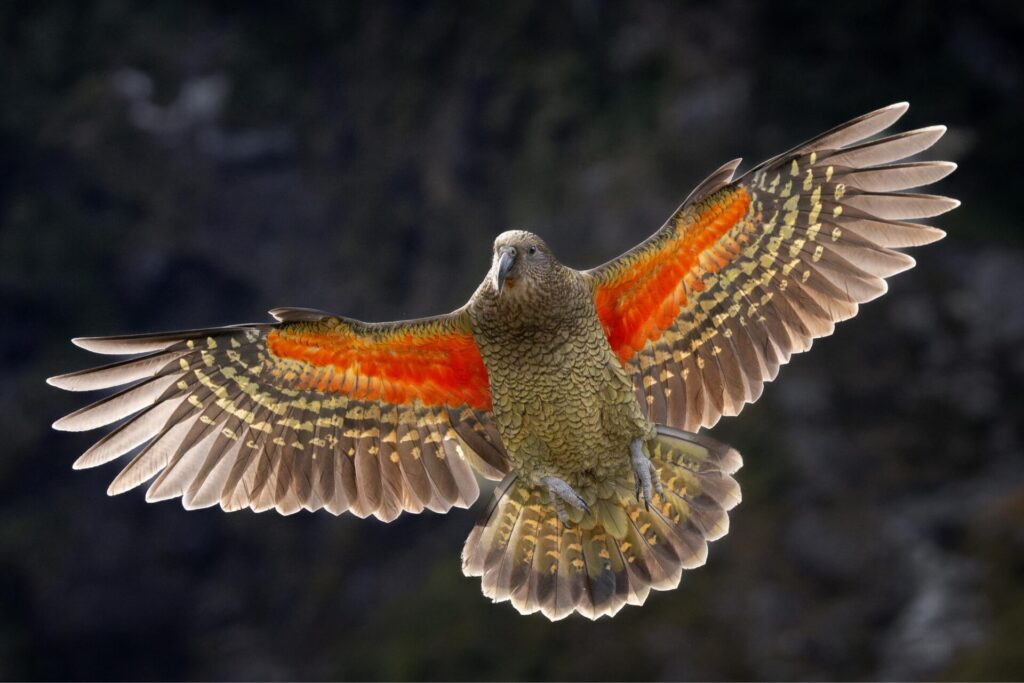
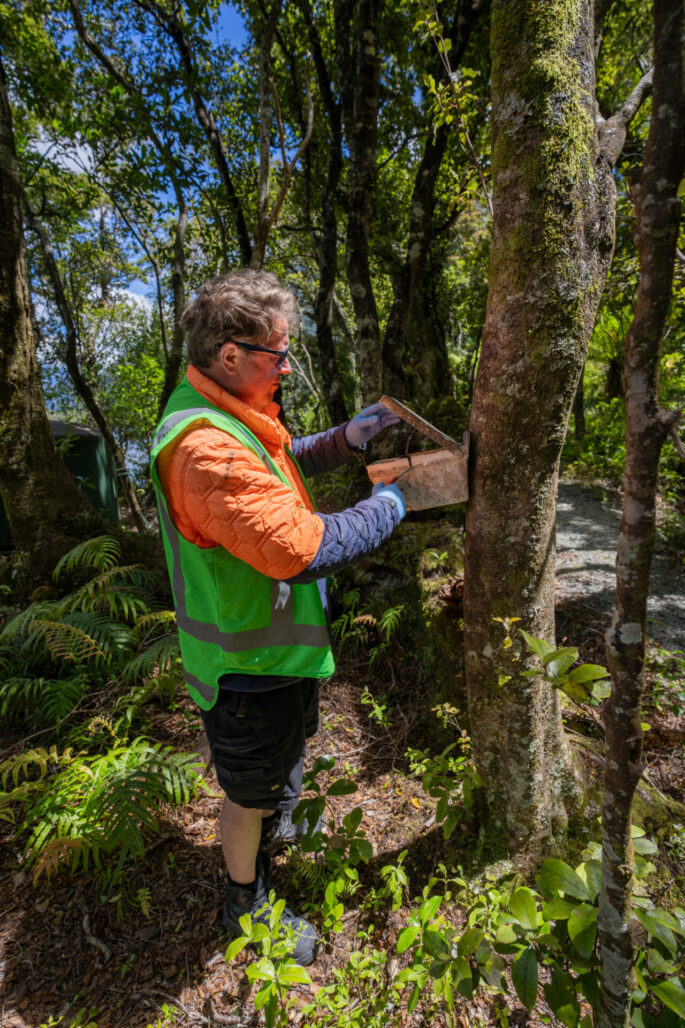
Shared commitment
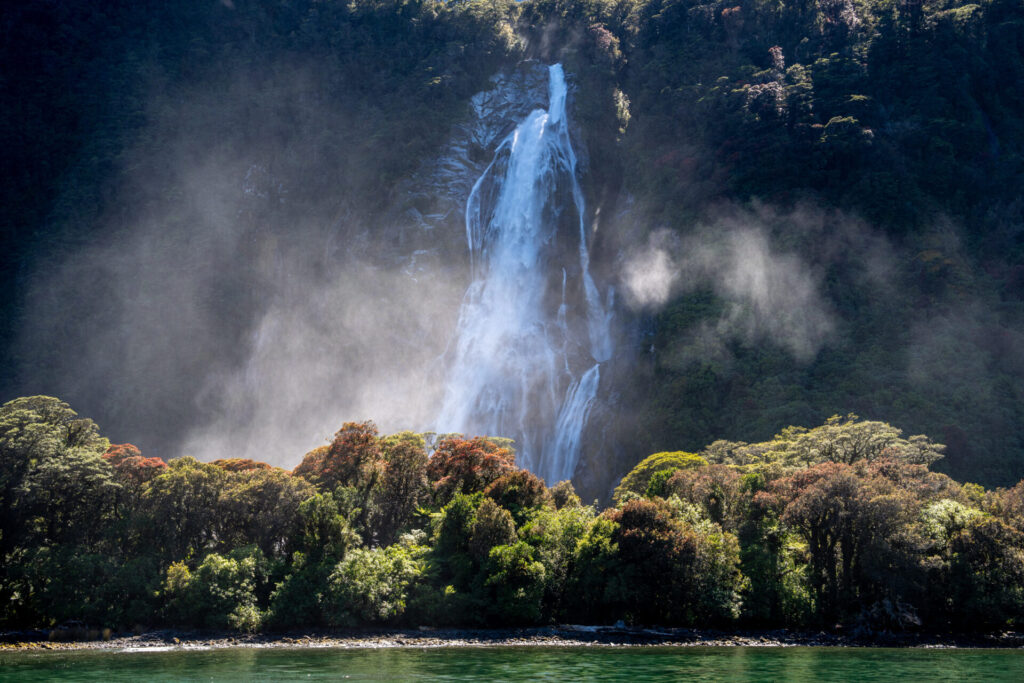
Piopiotahi Milford Sound is committed to preserving this unique landscape for future generations. Here are some fun facts.
Bowen Falls powers the whole Milford village!
The Fiordland National Park is a UNESCO World Heritage site, protecting diverse ecosystems and unique wildlife, including rare species like the takahe and the Fiordland crested penguin.
Local tour operators are adopting sustainable practices and creating eco-friendly tours to minimise environmental impact.
The region supports various conservation programmes aimed at protecting marine and bird life, including penguins and endangered species, ensuring their habitats remain safe from human impact.
Operating in a remote National Park, Piopiotahi Milford Sound has a strong waste management system in place, focusing on recycling and reducing waste to keep the natural environment pristine.
Our sustainability practices
We are committed to supporting sustainable tourism practices and aim to provide a memorable experience for visitors while safeguarding the stunning landscapes and ecosystems that make Piopiotahi Milford Sound a must-visit destination.
These are in place to protect Piopiotahi Milford Sound and the surrounding Fiordland National Park. View the guidelines and regulations.
We prioritise the preservation of the region’s unique ecosystems by protecting the harbour and land we operate on; ensuring that waste is recycled or removed from the national park; and participating in local conservation efforts.
Our staff set and maintain predator traps around Milford Sound and Knobs Flat to keep predators at bay and help protect rare native birds like the tawaki/Fiordland crested penguin, whio/blue duck and mohua/yellowhead.
We have been working with Toitū Envirocare to measure our greenhouse gas emissions against the international standard for carbon footprints, ISO 14064-1, to gain our Toitū carbon reduce certification. This includes our vehicles, business travel, fuel and electricity, paper and waste. Our focus for 2025 will be identifying more areas where we can be more energy efficient and reduce our carbon emissions.
Piopiotahi Milford Sound is remote and at least two hours from the nearest town. As Department of Conservation concessionaires, we have already been carefully measuring all the recycling and waste that leaves Piopiotahi Milford Sound for over fifteen years. We are now working with our stakeholders to identify areas where we can minimise what comes in and out of the area.
We contribute to and support our local Civil Defence team and work with our local community to ensure that tourism benefits the region economically while preserving its cultural heritage.
